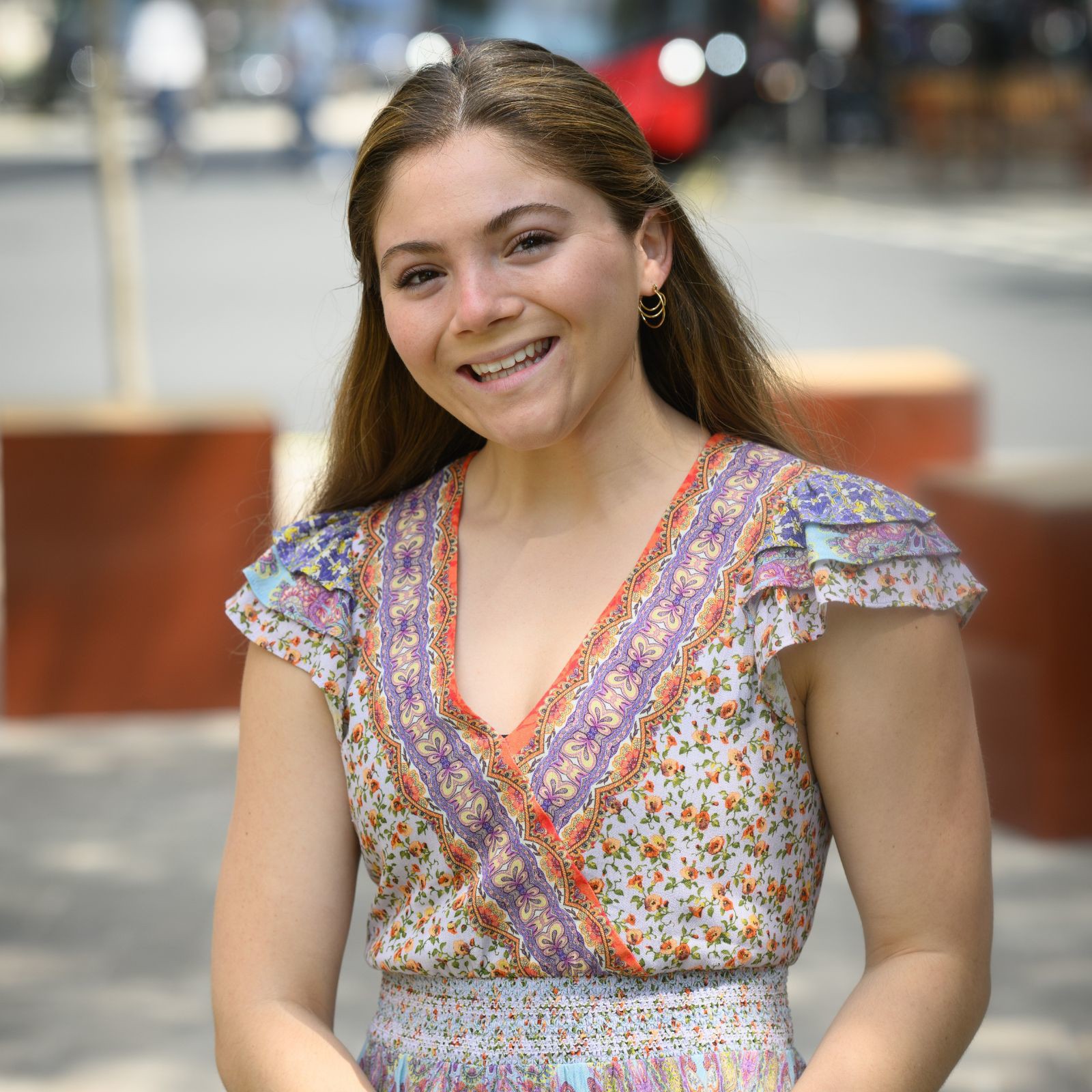5 min read
We sat down with Chloe, who took EC260: The Political Economy of Public Policy in 2023, to hear about her experience of studying at LSE - the course, the teaching and her fellow students!
Why did you decide to attend LSE Summer School?
I wanted to both enjoy my summer and spend my time productively, and so I found LSE Summer School - with its location in the heart of an international metropolis and the opportunity to learn from the best of scholars, it was definitely the best fit.
Why did you choose EC260?
I’m not quite sure where I’d like to take my study of economics, but I’ve always found myself interested in the intersection at which politics and economics (particularly economic theory) meet. So much of government is driven by the economy, and so much of economics is driven by policy; EC260 explores both these concepts in great detail which made the class the right pick for me!
Tell us about an average day as a student on EC260.
My day began with a three-hour lecture (which may sound long, I know, but I promise was incredibly engaging!) and was followed by a 90-minute discussion section, called a seminar. Between both classes and lectures I would often train in the LSE student gym, grab a bite to eat, and catch up on my reading. In the evenings, I found the time to explore the city and decompress — before starting all over again!
What was your favourite part of EC260?
I thoroughly enjoyed the study of game theory; it was certainly tricky, though I found myself immensely intrigued by the notion that there is, in fact, a scientific method to decision making. I don’t often make decisions on a whim, but I’m sure I could apply game theory more regularly to ensure the best possible outcome — no matter how time consuming.
What advice would you give to students considering EC260?
When you receive your schedule, the course may initially seem overwhelming, but I promise you, it is so, so worth it (in other words, don’t be intimidated by its rigor; you’re often far more capable than you give yourself credit for). Additionally, I’d recommend attending lectures; they are a great opportunity to learn from your peers.
What are your short-term professional goals, and how does EC260 contribute to these goals?
Again, I’m not quite sure where I’d like to take my study of economics (I’ve considered both academia and the corporate sphere), however, in taking EC260, I’ve honed my ability to reason analytically and forecast intuitively; both are skills I’m confident will transfer to either professional path I may choose.
What would be your top tip for future Summer School students?
In terms of academic success, I’d prioritise the discussion sessions, as the seminars cover most of the material for the final exam. As for making the most of your experience abroad (or away from home), I’d recommend allowing yourself the grace to explore new opportunities and make mistakes.
How would you explain EC260 to someone who has never heard of it?
EC260 explores economic theory as it applies to the political sphere — namely, methods of voting and electoral systems.
How has EC260 helped you in your undergraduate degree/career plans?
At my home university, I am pursuing a double major and minor; fortunately, my taking EC260 has alleviated (even if marginally) the pressure of taking a heavy course load each quarter, as I was able to covert the credit from EC260 to credit at my home institution.
How did you find the British teaching style?
It was certainly different from that of the USA but I ultimately appreciated the flexibility and relaxed nature of both my lecture and class professors. My professors (and all of LSE) didn’t stress learning for perfection (or academic success) so much as they stressed learning for knowledge.

